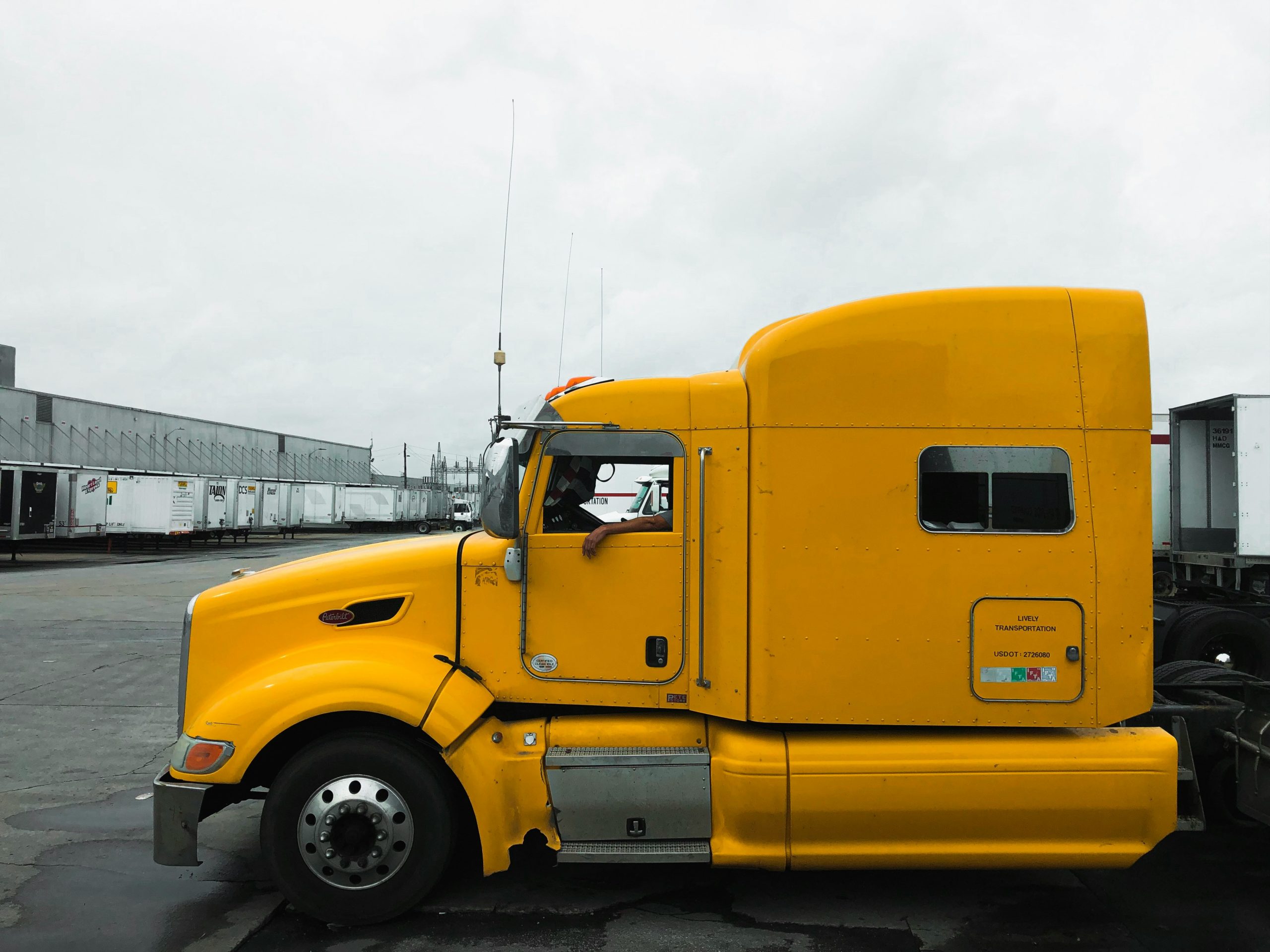Understanding BIT Inspections: What You Need to Know
For commercial trucking companies operating in California, adhering to state regulations is critical for maintaining safety and compliance. One of the key regulatory programs is the Biennial Inspection of Terminals (BIT), which is overseen by the California Highway Patrol (CHP). This inspection program ensures that all commercial vehicles operating in the state meet stringent safety standards and are properly maintained. Whether you manage a small fleet or a large one, understanding the BIT inspection requirements specific to California can help prevent costly penalties and keep your trucks on the road.

What is a BIT Inspection in California?
The Biennial Inspection of Terminals (BIT) is a California-specific program that mandates periodic inspections of a motor carrier’s terminal, fleet vehicles, and safety records. Established to improve highway safety, the BIT program aims to reduce the number of accidents caused by poorly maintained commercial vehicles. While it was originally conducted every two years (biennially), changes made in 2016 now determine the inspection frequency based on a carrier's safety record, compliance history, and terminal rating.
The BIT inspection isn’t just a one-time vehicle check—it’s an in-depth review of the entire maintenance and safety protocol at your terminal. The CHP will evaluate your fleet management practices, driver safety records, and a sample of your vehicles to ensure they meet California’s high safety standards.
Which Vehicles are Subject to BIT Inspections?
Not all commercial vehicles are required to undergo BIT inspections, but a wide range of vehicles fall under this mandate. Under California regulations, the following types of vehicles are required to have a BIT inspection:
These inspections apply to a broad spectrum of commercial vehicles, making it crucial for operators to know if their fleet falls under the requirements. If your business operates any of these vehicles on California’s roads, you must comply with BIT regulations to avoid penalties and ensure the safety of your fleet.
What Does a California BIT Inspection Include?
During a BIT inspection, the CHP reviews various aspects of your fleet operations to ensure compliance with state safety regulations:
Why is the BIT Inspection Important in California?
The BIT inspection is crucial for several reasons. First, it ensures that commercial vehicles on California’s roads are safe and properly maintained, reducing the risk of accidents caused by vehicle malfunctions. Second, it helps maintain a high standard of fleet operations across the state. Failing a BIT inspection can result in severe consequences, such as probation, terminal closure, or suspension of your operating authority in California.
Additionally, a failed BIT inspection could affect your company’s reputation and potentially lead to increased insurance costs or lost business. Staying compliant with California’s strict regulations not only keeps your fleet on the road but also demonstrates your commitment to safety and reliability.
How to Prepare for a California BIT Inspection
Preparation for a California BIT inspection starts with maintaining a proactive approach to fleet management. Here’s what you can do to ensure a smooth inspection:
Working with a Professional Inspection Service in California
Managing compliance for your California-based fleet can be challenging, especially if you have a large number of vehicles or transport hazardous materials. Partnering with a professional fleet maintenance and inspection service, such as Four Star Automotive, can simplify the process and ensure your trucks are always road-ready. With expertise in California’s specific regulations and extensive experience in BIT compliance, we help you maintain a safe and compliant fleet.
Our team can perform pre-BIT inspections to identify potential issues before the CHP visit, ensuring that your vehicles and records are in perfect order. With our proactive approach, you can minimize the risk of penalties and keep your fleet operating smoothly across California’s highways.
Staying compliant with California’s BIT program is about more than just passing inspections—it’s about maintaining the safety and reliability of your entire fleet. By partnering with a trusted service provider and staying on top of your maintenance practices, you can keep your trucks on the road and your business running efficiently in the Golden State.
